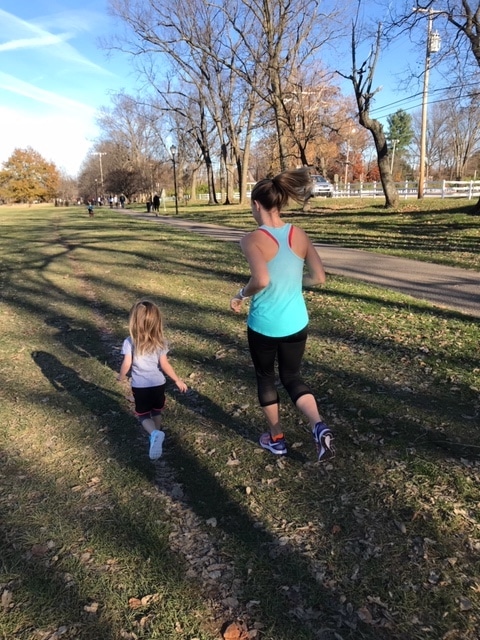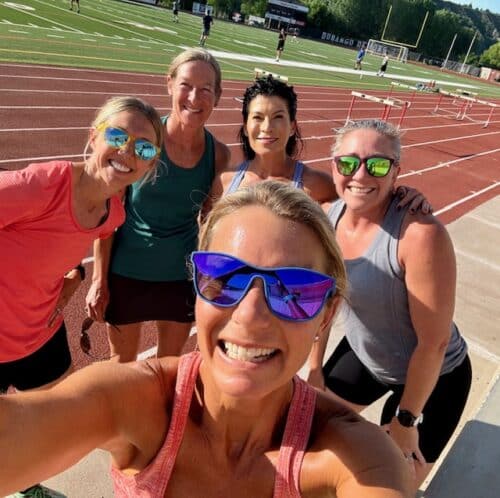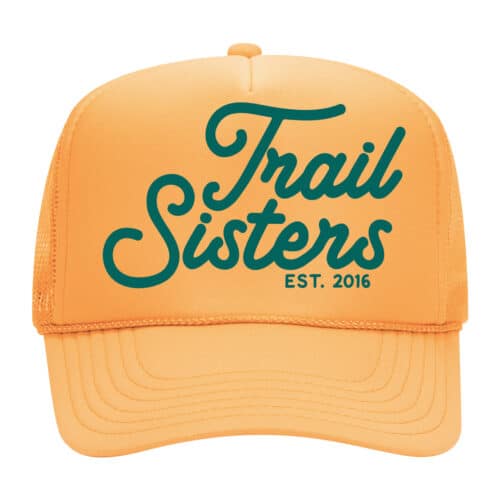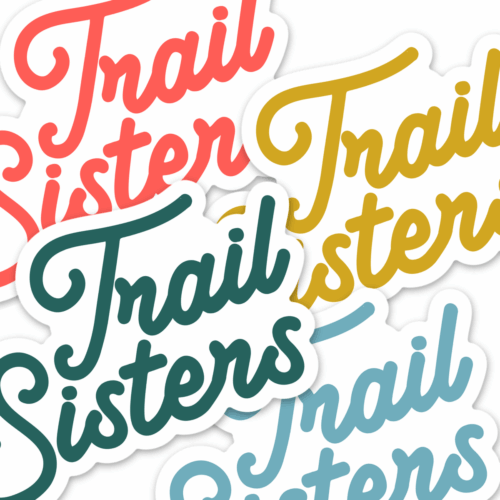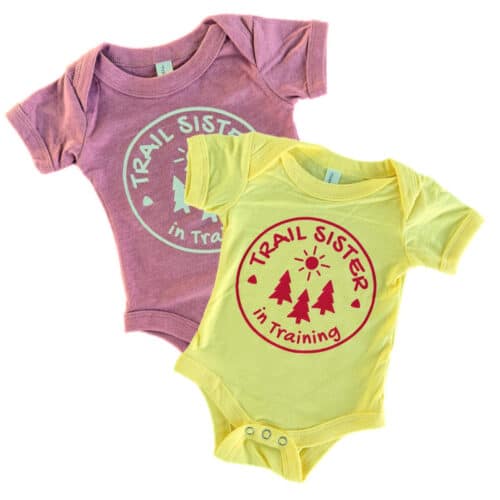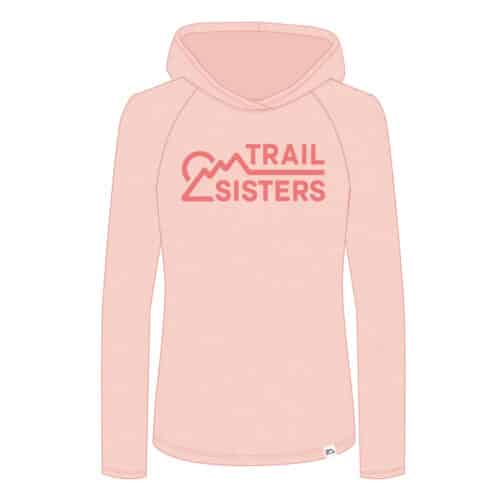A few months ago, I read a compelling article by Erin Strout (1) entitled “Why We Need More Female Coaches” in which she argues for the important role of women in elite running, particularly in the track and field and road racing scene. As a female coach in the Mountain Ultra Trail (MUT) world, I wondered if the ratio of men to women coaches was any different on the trails. We have organizations like Trail Sisters that intentionally elevate women in trails, and now with the Female Coaching Directory, it’s evident that women are jumping into coaching as well. Since the growth of our sport is relatively new, I think we have an incredible opportunity to create a different legacy for women in coaching than we have historically seen in so many other sports.
When taking the first step into coaching, whether it be in person or at a distance, it can be intimidating to get started. For me in particular, I felt relatively comfortable coaching in a traditional track and field or cross country setting, but was nervous about making the leap into coaching athletes for trail and ultra. I began by coaching a few of my friends for their first 100 mile races, and just fell in love with the process of coaching this way. But, I never would have made the leap into coaching on a bigger scale had it not been for my mentor, David Roche. I peppered him with questions about both the big picture and tiny details of coaching, and he was kind and supportive along the way. When I was just getting started, he helped me believe that this was something I could do, and something I could be good at. He showed me by example what great coaching looked like, and without the confidence that he helped cultivate, I don’t think I would have made the leap.
In corporate settings, the roles of mentorship, sponsorship and peer support are often discussed as part of the pathway to success. Those who “climb the ladder” often aren’t successful in a silo, but instead have received guidance and help along the way from others who saw potential. Coaching isn’t much different in that respect; we learn from others’ experiences and greatly benefit when a successful coach takes us under their wing. I believe that intentionally cultivating mentorship and peer support in MUT coaching, particularly for women, is worth the time and effort.
No matter the discipline, coaching is always a combination of art and science, using empirical knowledge of physiology and tested methods with experience and relationships. MUT coaches can uniquely benefit from mentoring because the science is so new. If you are coaching someone for a 5k or even a marathon, there is a huge body of literature to support your training methodology. But ultras in particular still have pretty big questions that need to be answered. While research in ultra-endurance sports has gone up exponentially in the past few years, we still have nowhere near as much literature to delve into compared to the shorter distances. Having a network of experienced coaches to consult when difficult problems arise can be invaluable, and when we can apply lessons learned on a larger scale, we elevate our athletes and our sport by not having to continually reinvent the wheel.

Women coaches in MUT also have unique challenges and opportunities compared to our counterparts in track and field and cross country. Much of the MUT coaching is done at a distance, whether primarily online or using phone/skype to communicate. On one hand, this can make mentorship and community building with other female coaches challenging. If you don’t have regular times to meet other coaches in person, how can you best establish a network or develop mentoring relationships? On the other hand, coaching primarily online gives women much more flexibility than they would have in a more traditional setting, potentially increasing the number of women in the profession. For me personally, taking a head coaching job at the collegiate level isn’t something I could logistically pull off. I am currently the head of the department of Exercise Science at a small university, I have a young child at home, and my husband works nights. Spending evenings and weekends away from my family isn’t possible, although I am able to volunteer as an assistant for our university team. Coaching from a distance (online) is something that I can manage well, and I have loved developing relationships with my athletes from different parts of the country, whom I would not have met otherwise.
In MUT coaching, I believe we have the opportunity to create an uplifting legacy for women. We can leverage our use of online communication to connect with coaches across the country and across the world, and be intentional about engaging in mentoring and supportive relationships. We can choose to share our experiences as coaches with other women, embracing the idea that sharing our ideas elevates the athletes we coach, our profession and the sport as a whole.
Call to action:
-If you are an experienced MUT coach, consider mentoring. Examine your network of coaches and athletes and consider how your experience and guidance might help someone who is just starting out.
-Join the new Facebook group for MUT coaches! I created a new group for coaches to connect with each other, ask questions, and offer advice and encouragement. If you are just starting as a coach, if you have decades of experience, or anywhere in between, I would love to have you! All genders are welcome!
(1) https://www.outsideonline.com/2342711/why-we-need-more-female-coaches



